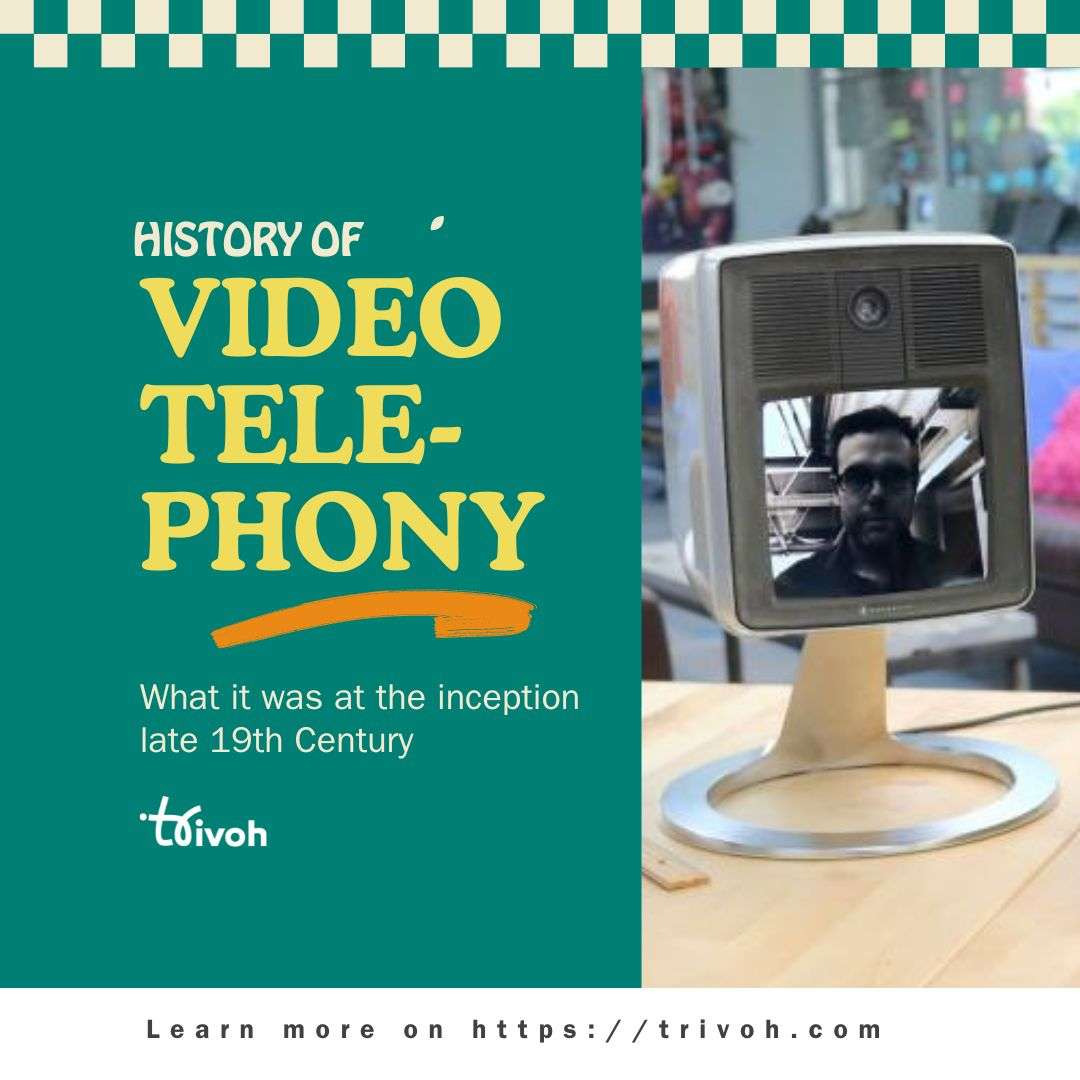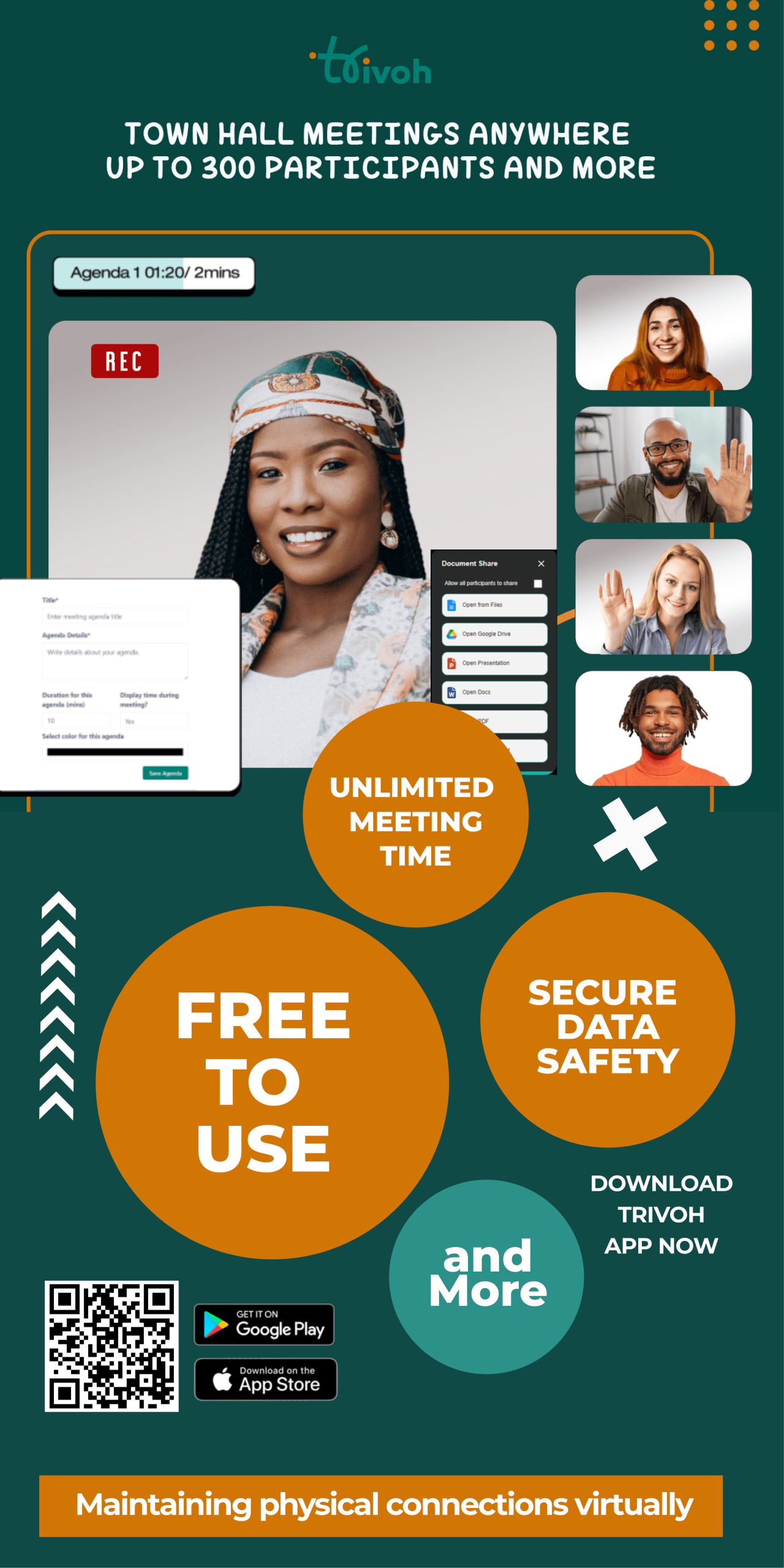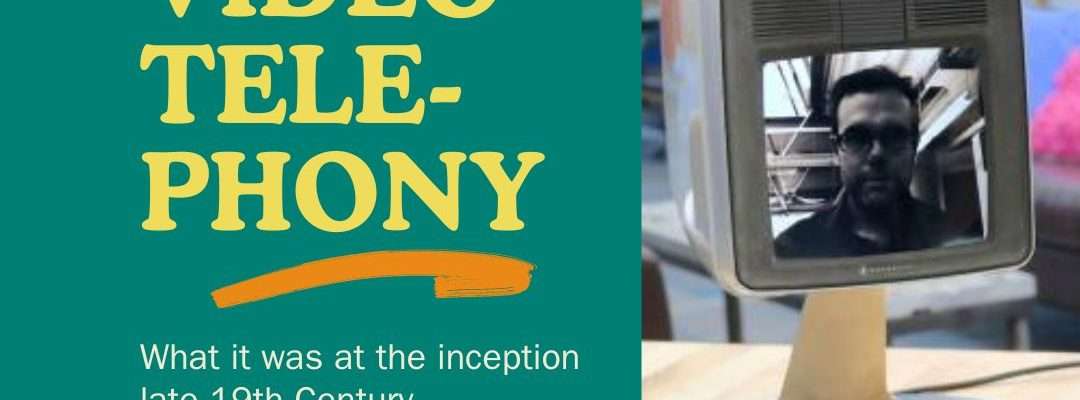Videotelephony, the technology that enables real-time video communication, has a rich history that spans more than a century. It began with the conceptualization of video communication in the late 19th century. Important milestones include:
Early Concepts (late 19th century): Ideas for transmitting moving images and sound from afar were first explored in the late 19th century. Pioneers such as Giovanni Caselli and Alexander Graham Bell developed early versions of video calling.

First Demonstrations (Early 20th Century): In 1927, Bell Labs introduced a primitive form of videophone known as the “Picturephone”, at the New York World’s Fair. However, it was not commercially viable due to high costs and limited infrastructure.
Advances in Technology (Mid-20th Century): Advances in electronics and telecommunications in the mid-20th century laid the foundation for more practical videophone systems. In the 1960s and 1970s, early video communication systems were developed and tested by organizations such as NASA and AT&T.
Commercialization (late 20th century): The late 20th century saw the emergence of commercial videophone services. Companies such as AT&T and British Telecom have adopted videophone services primarily for business use due to high costs.
Internet era (late 20th century – present): With the spread of the Internet and the development of digital technology, video calling became available to the general public. Services such as Skype (2003), FaceTime (2010), and Zoom (2013) are revolutionizing video communication, allowing individuals and businesses to easily connect worldwide.
Mobile phone integration (21st century): The widespread use of smartphones has further increased the popularity of video calling. Mobile apps like WhatsApp and Snapchat that offer video calling capabilities have become popular, allowing users to communicate via video anywhere, anytime.
Today, video calling continues to evolve with the integration of artificial intelligence, augmented reality, and virtual reality, promising even more immersive and interactive communication experiences in the future…

